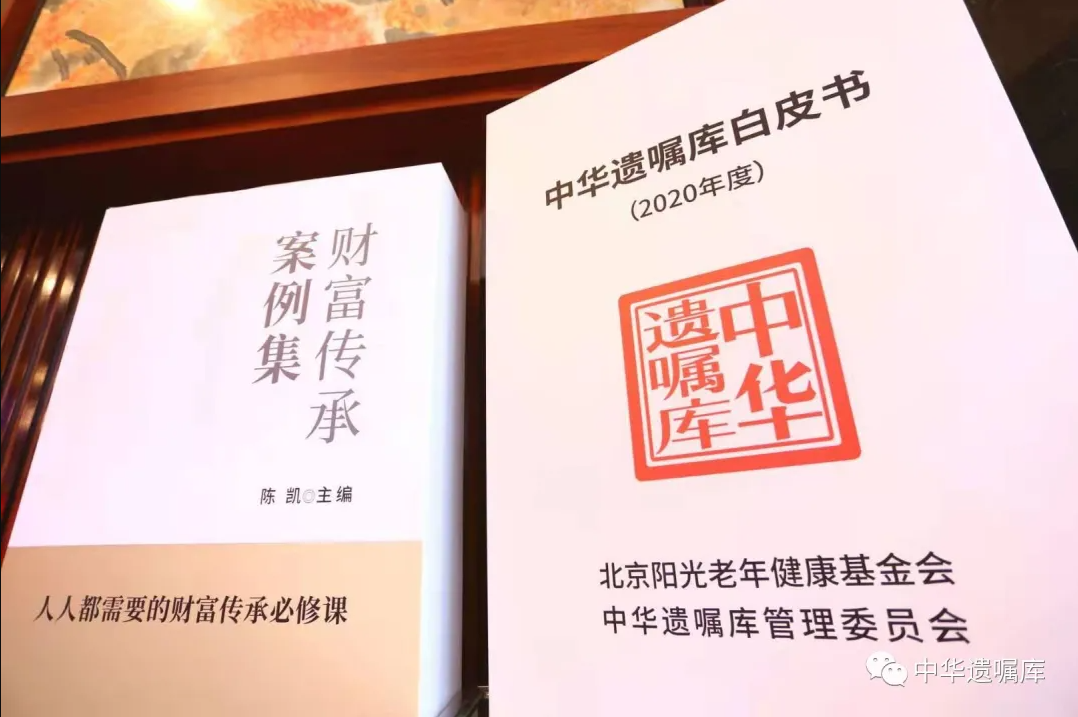More young people making wills


Few young adults bother to make a will, but an increasing number of people in their 20s and 30s are taking that step, according to new research.
Zhu Di, 26, from Shanghai, wrote down her final preferences with the help of the China Will Registration Center in March, leaving her assets to her mother if she dies. "I dealt with a large amount of work in winding up my father's legal affairs after he passed away two years ago," she said, adding the experience encouraged her to make a will.
"I'm usually busy at work, and my mother is alone at home. In the event something happens, I hope she knows exactly what my wishes are. When I acquire more assets in the future, I will update it."
Awareness about the necessity of having a will has grown among young adults in recent years, according to a report released by the center on March 19.
In 2017, only 73 adults in their 30s nationwide had registered their wills with the center. Last year, annual registration rose to 503, taking the total number of wills in the age group to 1,004. For those born in the 1990s, the number jumped from 55 in 2017 to 209 last year.
Chen Kai, director of the center's management committee, said that in Chinese culture, death is an uncomfortable subject people tend to avoid."However, more Chinese people, especially the younger generations, have become open-minded. They have changed their attitudes and are arranging their affairs in advance," Chen said.
Those born in the 1980s and 90s usually have a higher education level than older generations, better financial stability and a clear vision of what they want to do with their lives, he said. "The vast majority of them are the only child in the family and will likely receive whatever property their parents leave behind, which reinforces the significance of arranging a will," he said.
According to Chen, the law says adults 18 and older who have the capacity to do so can make a will. "The legal process includes registration, identity verification, mental assessment and fingerprint scanning to guarantee the authenticity and legal effect of wills," he said.
The report shows that 97.23 percent of the wills made by those born in the 1980s involve real estate. In addition, 13.16 percent of the wills mention shares in companies, and 15.89 percent mention securities and funds-a proportion far higher than other age groups.
Wills drawn up by those in their 20s involve a greater variety of assets than other age groups, including accounts on social networking and gaming platforms.
However, real estate was the main asset listed in middle-aged and elderly people's wills (99.6 percent) last year. It was followed by bank deposits and sentimental items, such as home furnishings, paintings and stamp collections.
Chen said the trend of young adults creating wills was also on the rise overseas.
UK-based online will-writing service Farewill, for example, said that last year, the COVID-19 pandemic spurred a massive surge in the number of people under 35 in the United Kingdom preparing their wills online. In April last year, the number was 12 times higher than in December 2019.
Zhu said no one knows what the future holds. "We should love and cherish life, and be prepared to make sure our money and possessions go to those we'd like to have them."
A similar reason drove Li, a 38-year-old from Shanghai, to draw up a will after the brother of a friend died in his 30s."I know he worked out regularly and kept a healthy balance between work and life. I was so shocked," said Li, who gave only one name.
"That definitely made me think ahead to leave my property-a flat bought before marriage-to my son. In the future, it will provide him with my love and care," she added.





































